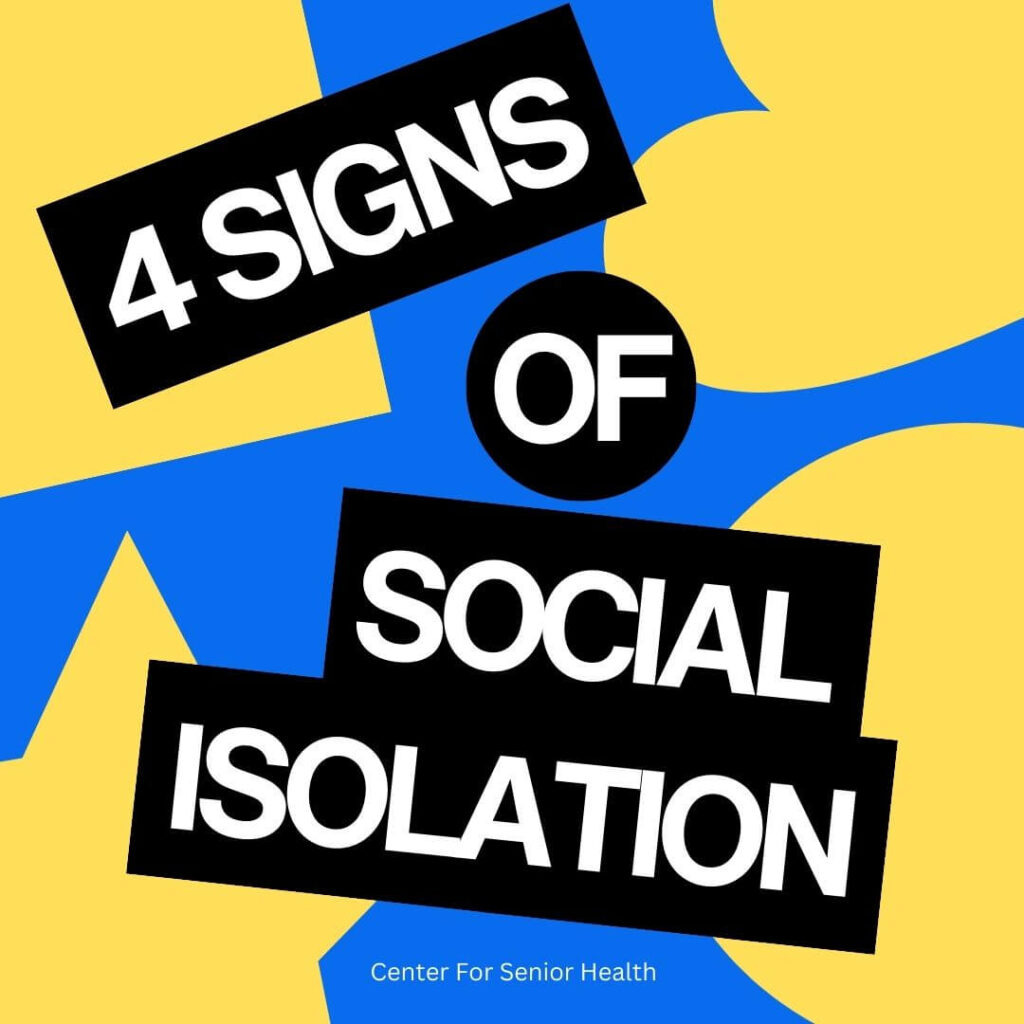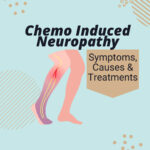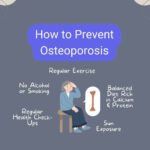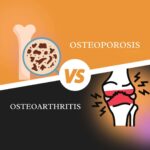The U.S. Surgeon General has called it an “epidemic of loneliness”. Particularly older adults are at risk of serious health implications. But have you ever wondered if you’re isolating yourself?
Research shows that prolonged isolation can significantly increase the risk of depression and anxiety. Humans are inherently social beings, wired for connection and companionship. When we deprive ourselves of these essential human experiences, our well-being suffers.
Statistics about social isolation among seniors
Social interaction plays a vital role in maintaining good mental health. When we lack meaningful connections with others, feelings of loneliness can creep in, leading to various mental health issues. The COVID-19 pandemic has further highlighted the importance of addressing social isolation as public health experts recognize its profound impacts on individuals.
Seniors are at a higher risk of experiencing social isolation compared to other age groups.
“More than one in three older adults (37%) reported feeling a lack of companionship […] Measures of loneliness remain particularly high among those with poorer physical and mental health”
Malani P, Singer D, Kirch M, Solway E, Roberts S, Smith E, Hutchens L, Kullgren J. Trends in Loneliness Among Older Adults from 2018-2023. University of Michigan National Poll on Healthy Aging. March 2023. Available at: https://dx.doi.org/10.7302/7011
“Social isolation negatively impacts early-disease processes and long-term health. Individuals with chronic pain are more vulnerable to social isolation, which exacerbates symptoms”
Bannon S, Greenberg J, Mace RA, Locascio JJ, Vranceanu AM. The role of social isolation in physical and emotional outcomes among patients with chronic pain. Gen Hosp Psychiatry. 2021 Mar-Apr;69:50-54. doi: 10.1016/j.genhosppsych.2021.01.009. Epub 2021 Jan 28. PMID: 33540223; PMCID: PMC7979493.
“Social isolation was associated with about a 50% increased risk of dementia and other
https://www.cdc.gov/aging/publications/features/lonely-older-adults.html
serious medical conditions.”
As we grow older, our social circle tends to shrink. This can be due to a variety of factors such as retirement, the loss of loved ones, or physical limitations that make it harder to maintain social connections. Unfortunately, this puts seniors at a higher risk of experiencing social isolation compared to other age groups.
Health Implications Of Chronic Loneliness
The health implications are clear. Social isolation has a severe impact on our health that extend far beyond emotional distress. To make matters worse, weaker health increases one’s chances of social isolation, creating a vicious cycle that is hard to break free of.
Mental health & cognitive function
Social interaction plays a crucial role in maintaining cognitive health and overall well-being. Studies suggest that chronic loneliness is associated with cognitive decline and an increased risk of dementia in older adults. The brain’s susceptibility to loneliness-induced stress hormones can contribute to cognitive impairments over time. When we are deprived of regular social engagement, it becomes harder to focus on the tasks at hand or maintain productivity levels.
Depression and Anxiety
Loneliness and mental health are closely intertwined. Prolonged loneliness is a major risk factor for developing depression and anxiety disorders. The lack of emotional support and human connection can exacerbate these conditions.
Increased Stress Levels
Persistent isolation triggers chronic stress responses in the body, leading to the overproduction of stress hormones like cortisol. Elevated cortisol levels can have detrimental effects on overall health, including sleep disturbances and impaired cognitive function.
Weakening Immune System
Loneliness can compromise the immune system’s efficiency, leaving the body vulnerable to infections and diseases. Studies have shown that chronically lonely individuals tend to exhibit lower immune responses, impacting their ability to fend off illnesses.
Cardiovascular Health Compromises
Loneliness has a strong link to cardiovascular issues. Research suggests that prolonged loneliness can lead to high blood pressure, increased heart rate, and other cardiovascular risks, elevating the likelihood of heart disease.
Inflammation and Chronic Diseases
Chronic isolation triggers inflammation in the body, which, if persistent, can contribute to the development of chronic diseases like diabetes, arthritis, and certain types of cancer. Inflammatory responses become overactive due to stress and lack of social support.
Mood Swings
When we isolate ourselves, we miss out on the interactions that bring joy and fulfillment into our lives. As a result, irritability and mood swings become more prevalent.
Loneliness’s Impact on Aging
Aging is a natural process, but chronic loneliness can accelerate the aging process at both cellular and cognitive levels. Studies have shown that chronically lonely individuals may experience faster cellular aging, as evidenced by the shortening of telomeres—protective caps on the ends of chromosomes. Shortened telomeres are associated with a higher risk of age-related diseases and a shorter lifespan.
Signs You Are Isolating Yourself

Declining Social Interactions
One of the key signs you are isolating yourself is a pattern of declining social interactions. It’s important to pay attention to how often you find yourself withdrawing from social situations or avoiding opportunities to connect with others. If you notice that you have been consistently canceling plans with others or declining invitations to events, it might be a sign that you are isolating yourself.
Decreased Interest in Activities You Once Enjoyed
Do you find yourself losing interest in the things that used to bring you joy? When we isolate ourselves, we tend to withdraw from activities and hobbies that once sparked excitement within us. Lack of interest can be a red flag indicating self-isolation.
Feeling Anxious or Uncomfortable When Interacting With Others
If striking up a conversation your palms sweaty and your heart race, it could be a telltale sign that you are isolating yourself. This is because when we isolate ourselves for extended periods, our social skills can become rusty.
Feeling constantly overwhelmed or anxious outside of social interactions can be another sign you are isolating yourself.
Disrupted Sleep Patterns
Loneliness and isolation can have a significant impact on our sleep patterns. It’s not uncommon to experience difficulty falling asleep or staying asleep when we’re feeling isolated. The quiet nights can amplify our thoughts and make it challenging to find peace in our minds. Insomnia becomes a frequent visitor, leaving us tossing and turning, longing for the embrace of slumber.
On the other hand, some individuals may find solace in oversleeping as a way to escape from their feelings of loneliness. They retreat into their dreams, finding temporary relief from the harsh reality of social isolation. However, this excessive sleep can lead to an unproductive cycle, making it even harder to break free from the chains of isolation.
Risk Factors of Isolating Yourself
Living alone or being unmarried increases the risk of experiencing social isolation. When you don’t have a partner or family members to rely on for companionship and support, it’s easy to feel isolated and disconnected from others. Without someone to share your daily experiences with, loneliness can quickly set in.
Lack of transportation options or mobility limitations can contribute to increased isolation risk. It becomes challenging to engage in social interactions when you’re confined within the walls of your own home.
Low socioeconomic status and limited access to resources are risk factors for social isolation. When you’re struggling financially, it can be difficult to participate in social activities that often come with a cost like going out for dinner or joining a club or organization.
Chronic health conditions, pain or disabilities lead to decreased opportunities for social interaction, increasing the likelihood of isolation. Dealing with health issues can significantly impact your ability to engage in social activities and maintain relationships. Chronic pain or illness can make it challenging to muster the energy needed for socializing. As a result, individuals facing health challenges often withdraw from social interaction in fear of being a burden to others.
Major life transitions, such as retirement or loss of a loved one, can increase vulnerability to social isolation. Retirement marks a significant change in routine and lifestyle, which can disrupt established social networks built through work connections.
Strategies and Tips When You Show Signs That You Are Isolating Yourself
Engaging in Hobbies or Activities That Bring Joy
Life can sometimes feel like a never-ending cycle of responsibilities and obligations. When we find ourselves isolated, it’s crucial to engage in activities that bring us joy. Return to old and forgotten hobbies, or try new activities available in your area. These can also offer a sense of purpose and accomplishment, which can combat feelings of loneliness.
Consider joining a local club or group centered around your interests, providing you with an opportunity to connect with like-minded individuals who share similar hobbies.
Utilizing Technology Platforms for Virtual Connections
In today’s digital age, technology plays a significant role in maintaining relationships despite physical distance. Whether it’s through social media platforms like Facebook or Instagram or communication apps like Skype or Zoom, staying connected has never been easier.
Virtual hangouts provide an avenue for meaningful interactions with friends and family members who may be far away physically but close at heart. You can schedule regular video calls to catch up on each other’s lives or organize virtual game nights where everyone can participate from the comfort of their own homes.
Creating a Daily Routine with Structured Activities
When faced with limited interactions, it’s easy to lose motivation and feel a sense of aimlessness. Establishing a daily routine can provide structure and purpose to your day, helping you combat the negative effects of social isolation.
Start by setting specific goals for yourself. Whether they are related to work, personal growth, or health, having something to strive for can give you a sense of direction.
Reaching out to friends, family, or neighbors
Pick up the phone and give someone a call. It could be an old friend you haven’t spoken to in a while or a family member who lives far away. If you find yourself making up excuses not to do so, remember that 1 in 3 older adults feels lonely and would most likely love to reconnect.
Volunteering for local charities or initiatives
Help out with different activities or projects that benefit others in your community. It’s a great way to connect with people, make new friends, and contribute to the greater good.
Seeking Support for Mental Health: When and How to Reach Out
If you’ve recognized the need for help, consult with a primary care physician. Your PCP can provide valuable insights and help determine if there are any underlying physical health conditions contributing to your emotional state.
During your visit, be open and honest about what you’re experiencing. Share your feelings of isolation and discuss any other symptoms you’ve been noticing. Your PCP may recommend further evaluation by a mental health professional or suggest lifestyle changes that could positively impact your well-being.
Remember that your PCP is there to support you holistically, so don’t hesitate to reach out and make an appointment if you feel it would be beneficial.
Connecting with Mental Health Professionals
While primary care physicians can provide initial guidance, connecting with mental health professionals such as therapists or counselors offers specialized support tailored specifically to individual needs.
Therapists are trained professionals who can help navigate through various mental health challenges, including those related to isolation. They provide a safe space where individuals can openly express their feelings, fears, and concerns. Through therapy sessions, therapists work collaboratively with their clients to develop coping strategies, build resilience, and foster a sense of connection.
FAQ about Social Isolation Among Seniors
How can I encourage my elderly parent to overcome social isolation?
Start by having an open conversation with your parent about their feelings of loneliness or isolation, as well as the health risks associated with it. Offer reassurance and empathy while suggesting activities they might enjoy or community programs they could join.
Are there any online communities specifically for senior citizens?
Yes! Many online platforms cater to older adults looking to connect with new people who share similar interests or experiences. Some popular options include SeniorChatters.com and Stitch.net.
What are some hobbies or activities seniors can engage in to combat social isolation?
There are numerous options such as joining a book club or gardening group, volunteering at local organizations, participating in exercise classes tailored for seniors, boardgame groups and attending art workshops or cooking classes.
How often should I check in on my elderly neighbor who lives alone?
Regular check-ins are important but will depend on their specific needs and preferences. It could be as simple as a weekly phone call or a quick visit to ensure they are doing well.
Are there any government programs that provide support for socially isolated seniors?
Yes, various government programs exist to offer assistance and support to seniors experiencing social isolation. Examples include the National Council on Aging’s Aging Mastery Program and the Senior Companion Program by the Corporation for National and Community Service.
References
Malani P, Singer D, Kirch M, Solway E, Roberts S, Smith E, Hutchens L, Kullgren J. Trends in Loneliness Among Older Adults from 2018-2023. University of Michigan National Poll on Healthy Aging. March 2023. Available at: https://dx.doi.org/10.7302/7011
- Best Red Light Therapy Device 2024 for Pain Management – 16 October 2024
- How To Improve Gut Microbiome – 26 May 2024
- Chemo neuropathy treatment: What to do? – 19 May 2024





